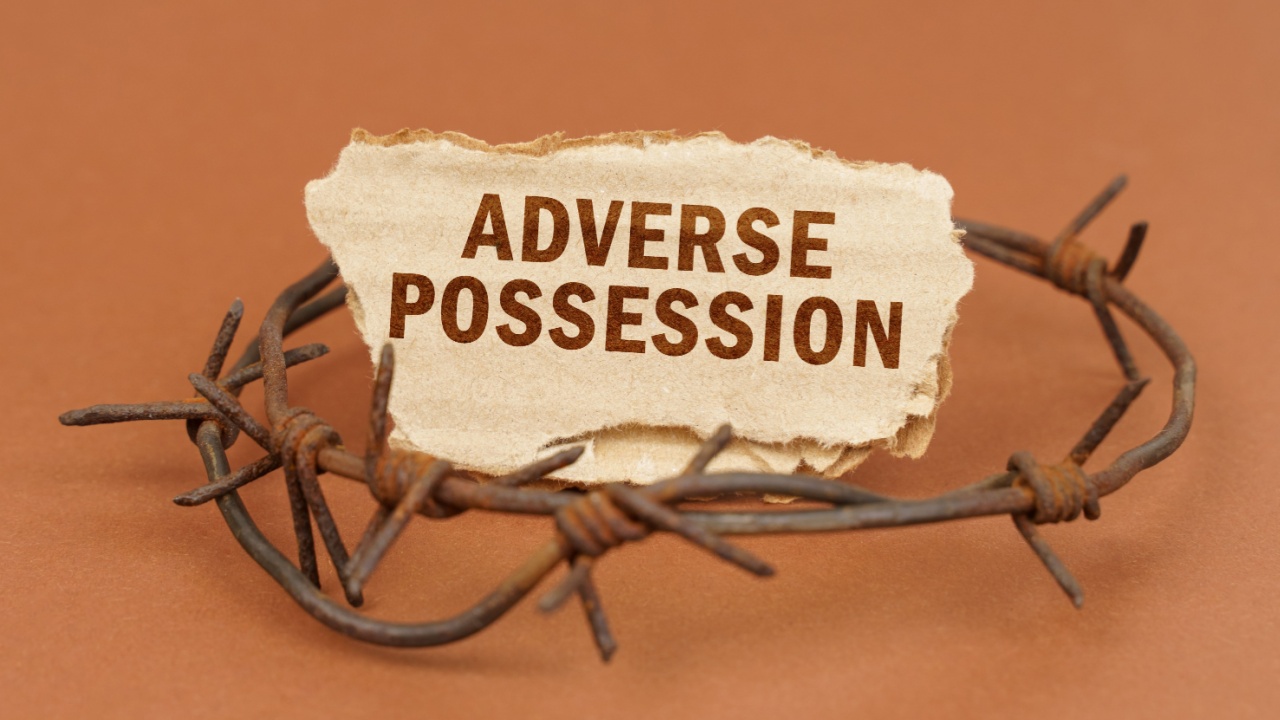
Adverse possession is a legal concept where someone can claim ownership of land or property they don’t originally own, provided they’ve used it openly, continuously, and without the owner’s permission for a certain period. This rule can lead to surprising shifts in property ownership if the actual owners are not diligent about monitoring and maintaining their rights over their land or buildings.
How You Can Lose Your Property to Adverse Possession Claims

You could lose your property to an adverse possession claim if you neglect it or are unaware of squatters living on it for a long time. If squatters occupy your land openly, care for it, and, in some cases, pay property taxes without your challenge, they might legally claim ownership. This situation often occurs with properties that are not regularly checked or maintained by the owner. To prevent losing your property this way, it’s important to frequently inspect your property, address any unauthorized use immediately, and ensure all property taxes are paid in your name.
California

In California, squatters can legally own your property after just five years of living there and paying property taxes. And it’s much more common that you might think, especially for those with vacation homes.
Washington

Washington’s seven-year requirement, along with paying property taxes, can turn temporary stays into permanent ownership. Property owners should stay vigilant and aware of their land’s occupancy.
Florida

After seven years, paying property taxes, and some official paperwork, squatters in Florida can claim legal residency. There are a surprising number of successful adverse possession claims in Florida.
Arizona

In Arizona, ten years of care and attention to a piece of land can lead to squatters claiming ownership. This calls for property owners to actively manage and maintain their land to avoid such situations.
Alaska

Alaska’s vast wilderness presents a unique challenge, where ten years of occupancy can lead to loss of property. Owners of remote land must ensure they’re not unwittingly hosting future claimants.
South Carolina
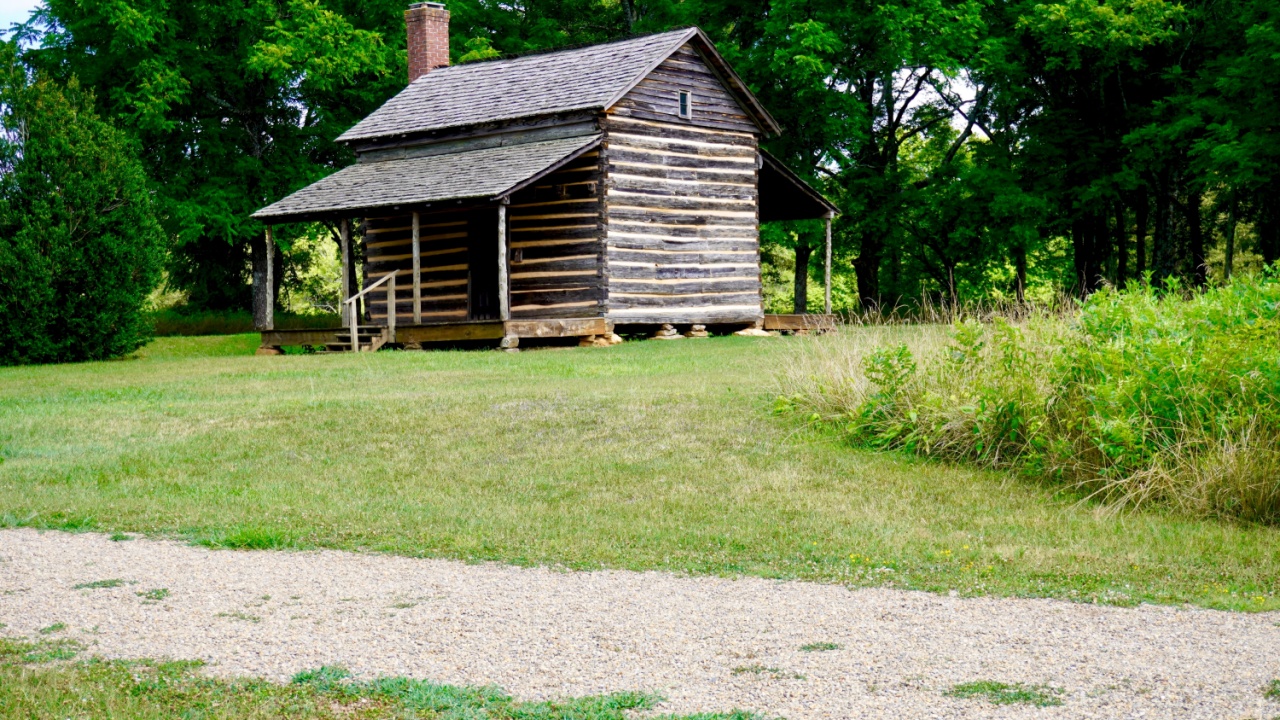
A decade in South Carolina is enough time for someone to potentially claim your property. Be cautious about who you allow on your property for extended stays.
Oregon
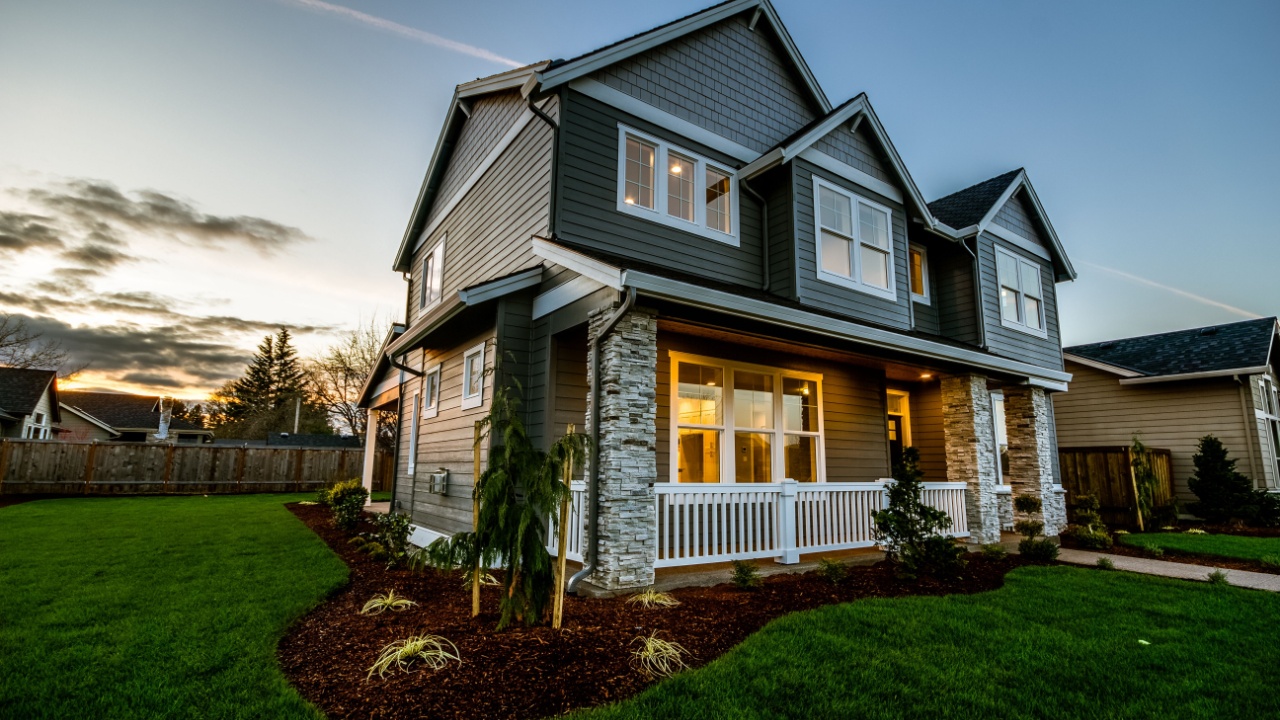
Ten years in Oregon is enough to lose your land. There are horror stories of whole communities setting up shop on a remote part of someone’s land for a decade, unbeknownst to the landowner. They’ve then made adverse possession claims and won, stealing the land out from under the original owner’s nose.
Texas
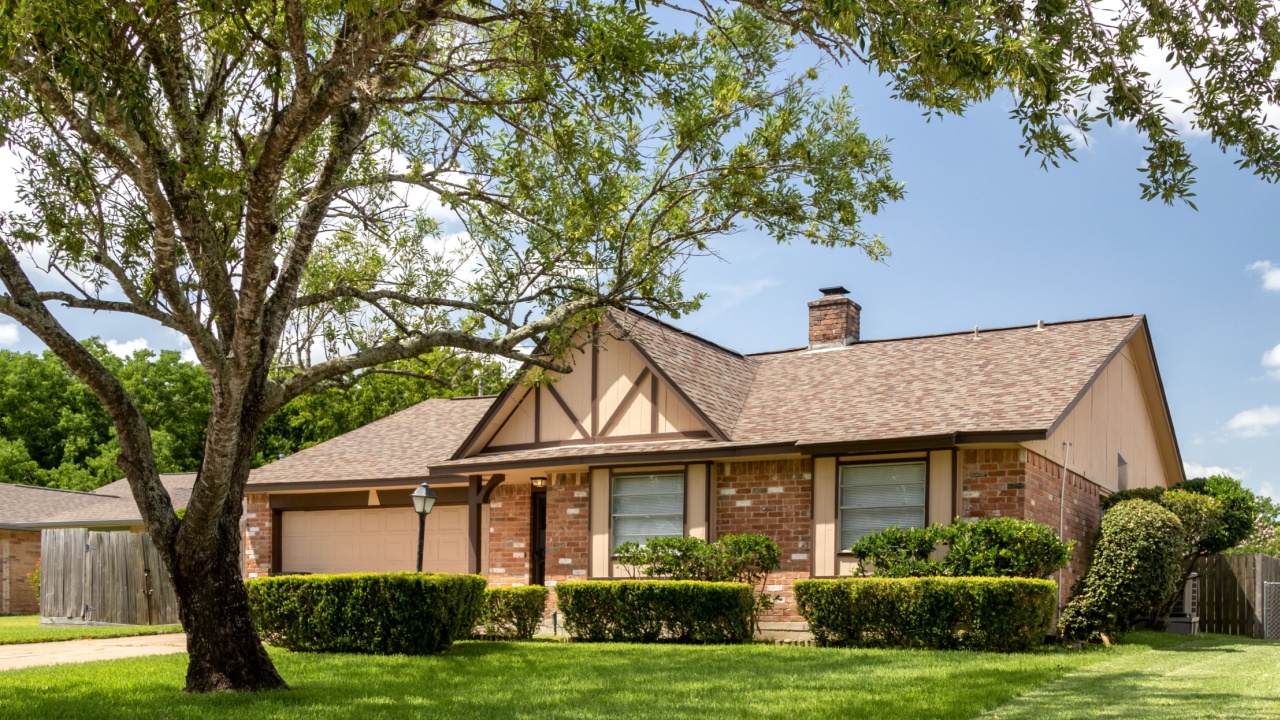
With a ten-year requirement, Texas property owners should keep a close eye on their land to prevent squatters from claiming ownership. Regular checks and maintenance are key.
Nevada

Fifteen years can turn a dream property in Nevada into a squatter’s reality. It’s important for property owners to remember that even remote and seemingly unattractive lands can be targeted.
New York

Ten years of unnoticed occupancy in New York can lead to squatters claiming abandoned properties. Urban property owners need to be diligent in managing and checking on their properties.
Michigan

A 15-year period of inattention in Michigan could result in losing lakeside properties. Owners should make regular visits to ensure their cherished places remain in their possession.
Virginia

Virginia’s 15-year requirement for adverse possession means that pieces of American history could easily shift ownership. Stories of ancient estates and vineyards quietly falling into new hands serve as a stark reminder for property owners to consistently monitor and care for their land.
Colorado

An 18-year wait in Colorado highlights the need for property owners to monitor their mountainous retreats closely to prevent squatter claims.
Massachusetts

In Massachusetts, a 20-year period of neglect can lead to squatters legally taking over historical properties. This calls for owners to actively protect their heritage by keeping a close watch on their properties and ensuring they’re maintained, safeguarding against unexpected claims.
Georgia

Twenty years could see your Georgia retreat claimed by someone else. Keep an eye on your secluded spots to protect them from becoming someone else’s home.
Illinois

Despite a twenty-year requirement, Illinois property owners should remain vigilant, especially with historic homes that could attract squatters seeking to claim ownership through patience.
North Carolina
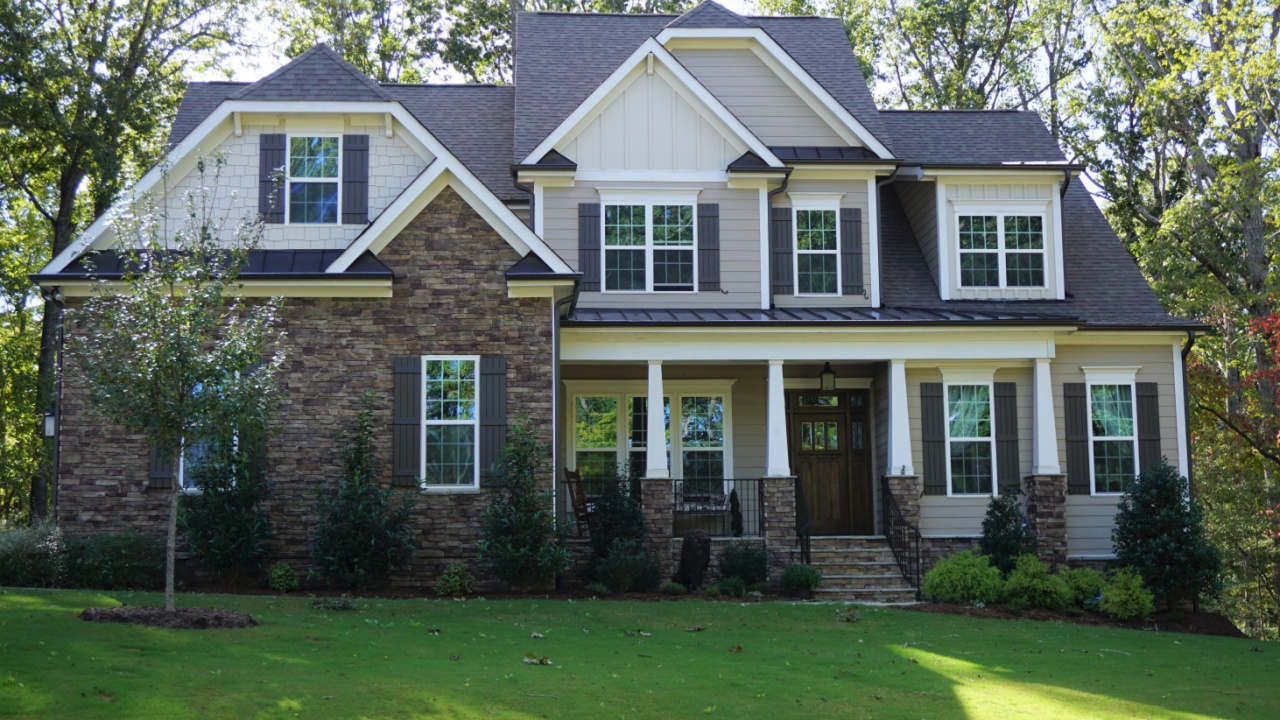 After 20 years, squatters in North Carolina can legally claim ownership of properties. This includes idyllic beach bungalows and secluded mountain retreats.
After 20 years, squatters in North Carolina can legally claim ownership of properties. This includes idyllic beach bungalows and secluded mountain retreats.
Maryland
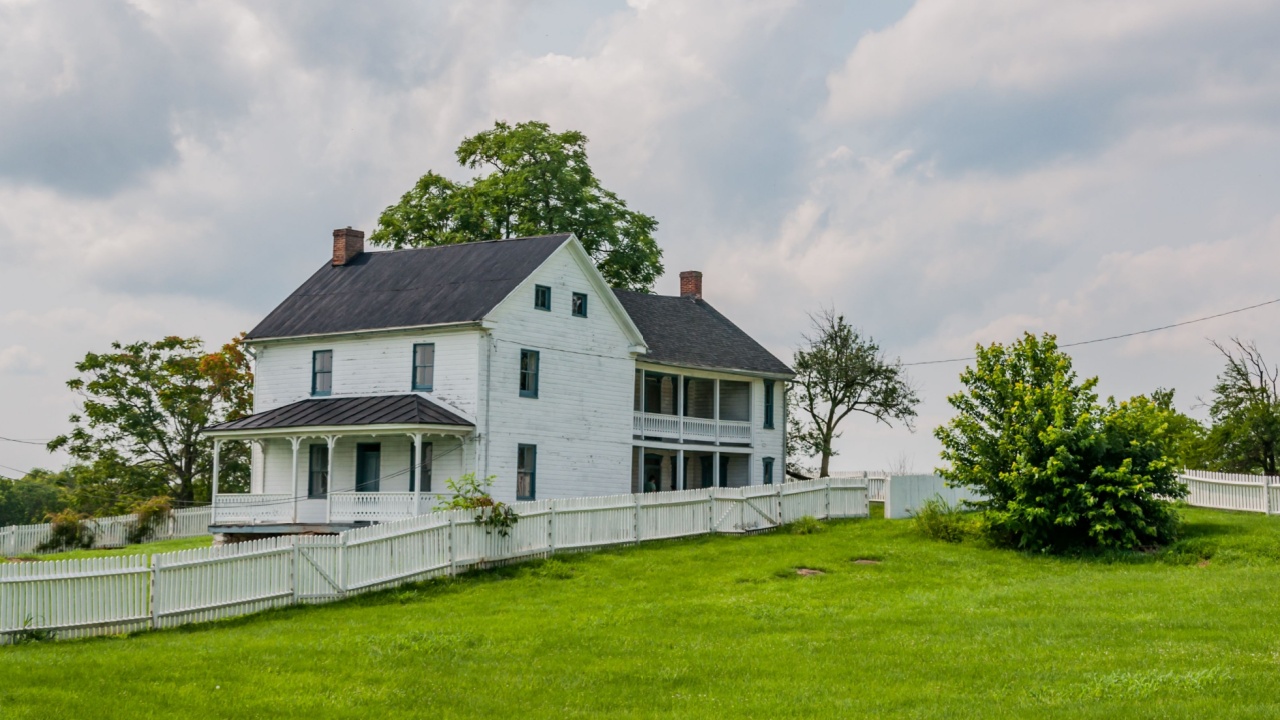
In Maryland, 20 years of oversight can result in losing waterfront properties to squatters. There are cautionary tales of fishing cottages and waterside homes gradually being taken over, emphasizing the importance of proactive and attentive property management to maintain ownership.
Pennsylvania

With a 21-year requirement, Pennsylvania’s property owners need to be proactive in safeguarding their historic properties from adverse possession claims.
Ohio

Ohio’s 21-year requirement offers a lengthy window for squatters to establish a claim, so you’ve got plenty of time to check on your property and take action to put an end to unauthorized occupancy.
New Jersey
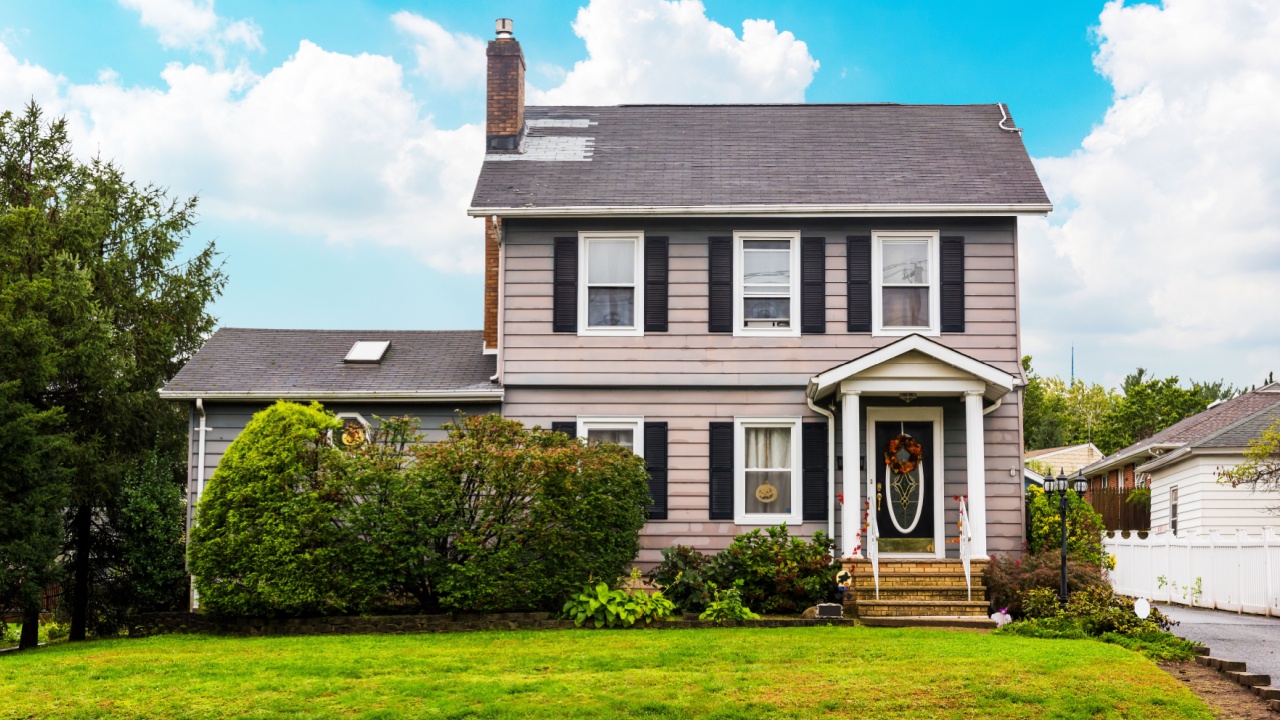
New Jersey’s 30-year squatters’ rights period is a reminder for shore house owners to remain vigilant over their coastal investments. Even though 30 years is an incredibly long time to wait, there have been many successful adverse possession claims.
17 Most Devastating Tornadoes In History
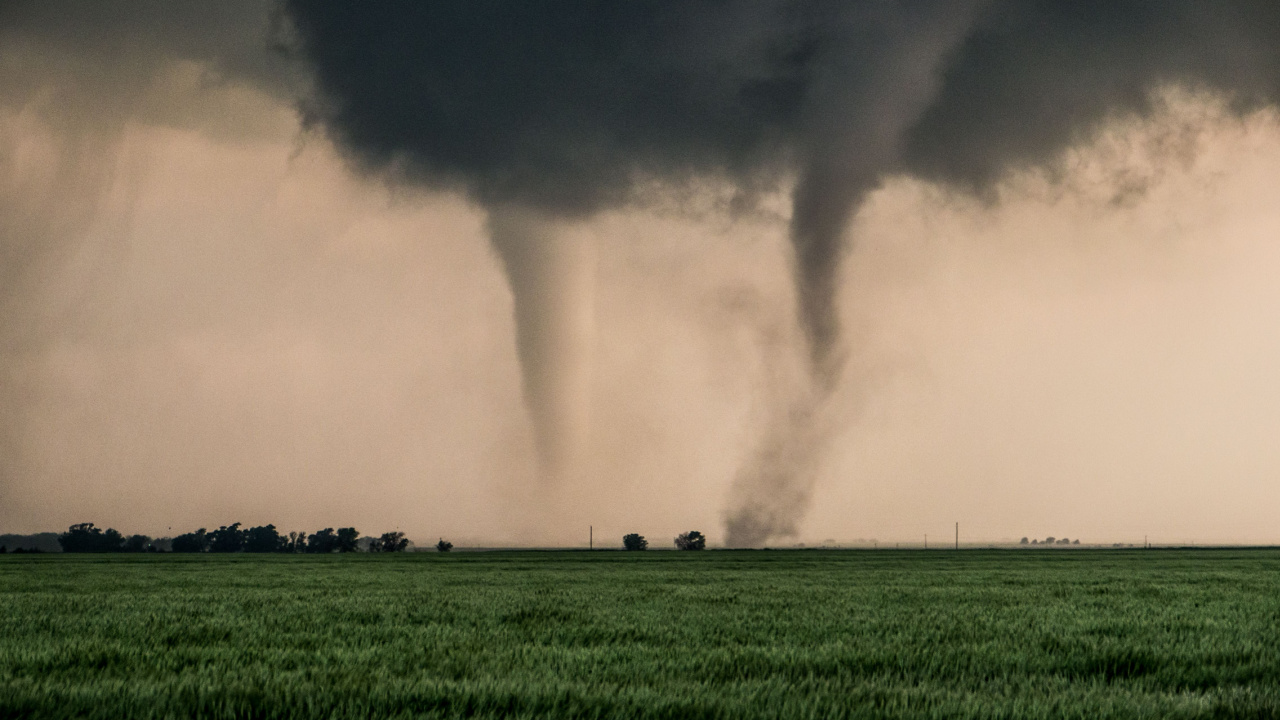
Nature’s fury is terrifying, and tornadoes are among the most deadly natural phenomena. These 17 deadly tornadoes highlight nature’s power and the resilience of humans in the aftermath of such devastation.
24 Most Devastating Blizzards in US History

For preppers, understanding the power and impact of historic blizzards is key to being prepared for future winter emergencies. Each of these historic snowstorms teaches valuable lessons about resilience, planning, and survival. The more prepared we are, the better our chances of survival in an emergency scenario.
- Read More: 24 Most Devastating Blizzards in US History
23 Riskiest Cities To Be During a Power Grid Collapse
In a world where the stability of our power grid is increasingly under threat, knowing which urban areas to avoid during a blackout is crucial for any serious prepper. And which areas to escape as quickly as possible. When you’re making your survival plans, keep in mind that these are the places you don’t want to be.


